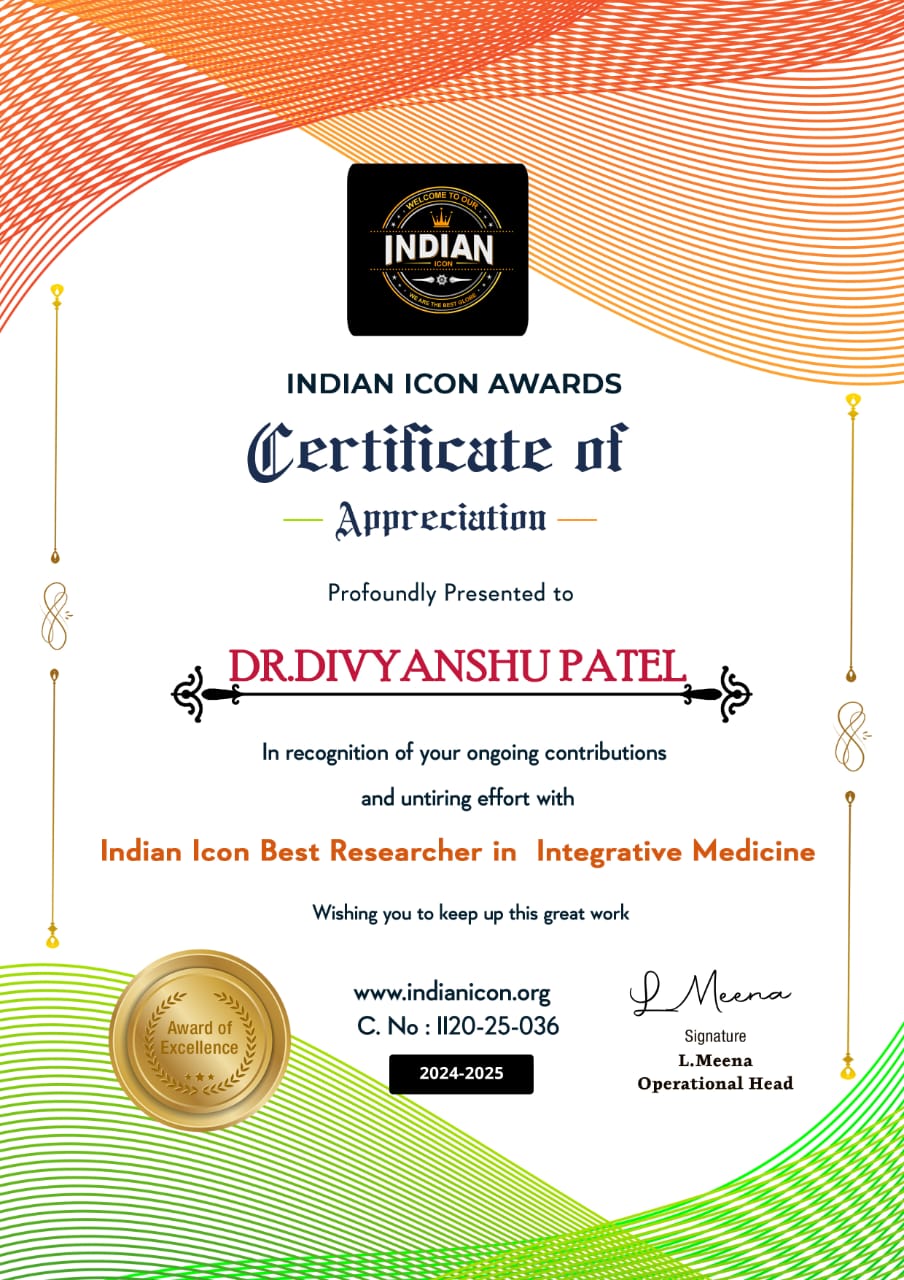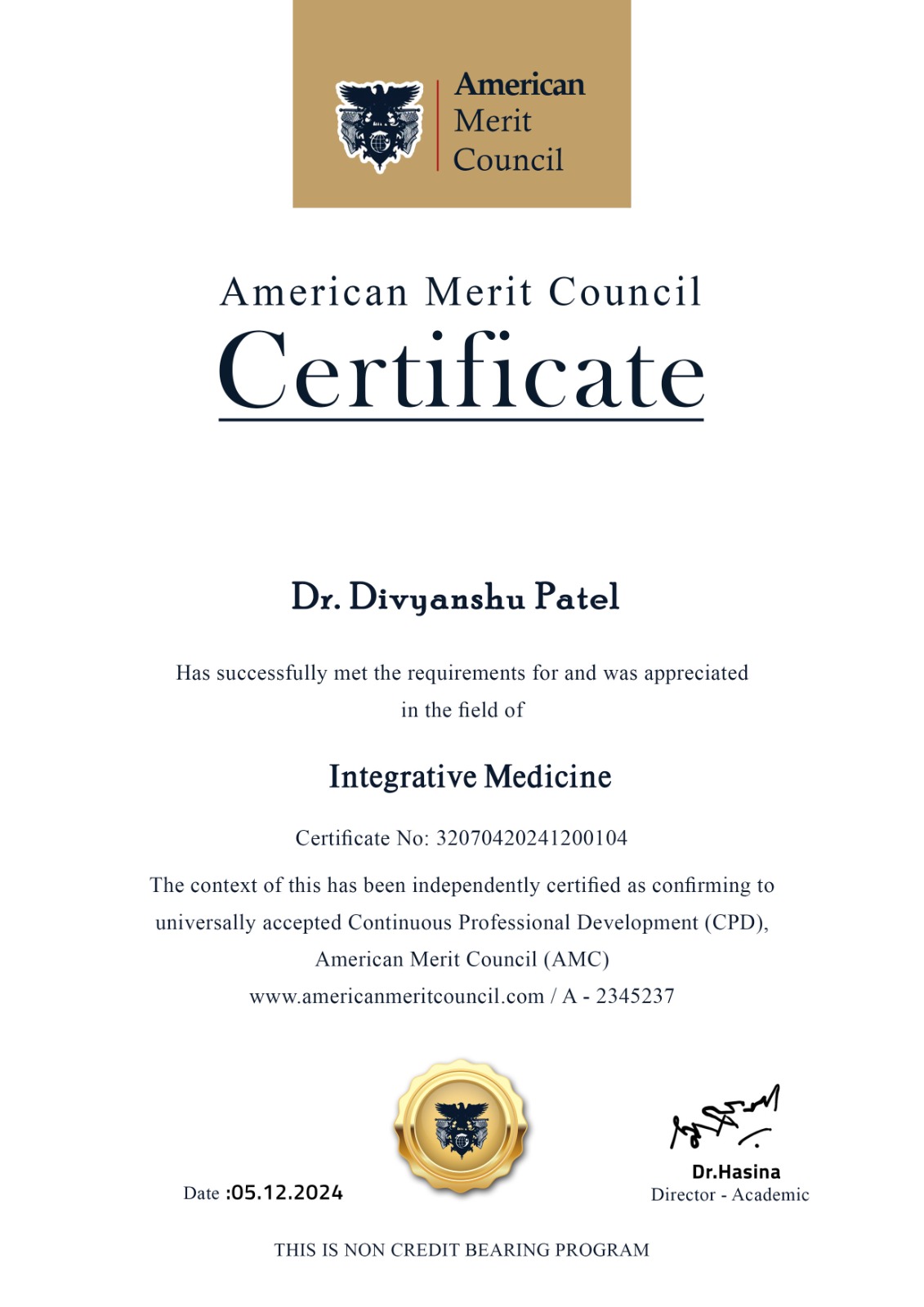Anuj Gupta: Learning, Building, and Giving Back
Every day, I wake up with the thought: Should I leave everything?
Not because things are tough. Not because I’m struggling. But because I don’t know why I have to build something in the first place. I have no financial pressure, no family expectations. I just love learning and doing something instead of wasting time.
I could have spent my time like most people—chilling, going to clubs, and living an easy life. But that never excited me. What excited me was learning somethingnew every single day, pushing my limits, and creating something meaningful.
The Start: More Than Just Earning
From the beginning, I knew one thing—I didn’t want to build something just to earn money. I wanted to create something that gives back to society.
That’s where my journey of Juris Spectra, The Personal Growth, and JeetRam Holdings began. Not with a grand vision, not with a business plan, but with a simple thought—
“How can we create something that actually helps people?”
Juris Spectra was born out of a need to provide practical legal education and real-world exposure to law students.
The Personal Growth was built to create a community where young minds could learn, grow, and transform their careers.
JeetRam Holdings was established to bring everything under one umbrella and work on ventures that actually make a difference.
We weren’t just focused on earning. We were focused on raising our standard of giving.
The Hustle: 10+ Hours a Day, Just to Learn
I’ve worked 10+ hours a day, not just for success, but because I genuinely love learning new skills. I’ve dived into graphic design, website development, social media marketing, business strategy, and much more.
There was no guidebook, no mentor telling me what to do. Just trial, error, and countless hours of self-learning.
I worked for free on multiple projects, just to gain experience.
I spent hours figuring out digital growth strategies, seeing what worked and what didn’t.
I helped businesses, pages, and individuals build their brand, not just for money, but because I loved the process.
Meeting Vimala & The Journey of Juris Spectra
One of the biggest turning points in my journey was meeting Gella Vimala. We both saw the same problem—law students were struggling to get real-world experience.
Instead of just complaining about it, we decided to do something. That’s how Juris Spectra came into existence.
But this wasn’t the end.
Expanding Beyond: The Birth of The Personal Growth & JeetRam
Holdings
The hunger to do more, give more, and create more kept growing. That’s when we launched The Personal Growth—a platform dedicated to personal and professional development. Through free webinars, mentorship, and community-driven initiatives, we helped students and young professionals take control of their careers.
With multiple ventures now in motion, I knew we needed a structure to manage everything. That’s when I started JeetRam Holdings, an umbrella organization that would allow us to scale our vision while keeping our values intact.
Lessons from the Journey
Looking back, there have been countless moments of doubt, exhaustion, and frustration. But the biggest lessons I’ve learned are:
Success isn’t just about what you earn; it’s about what you give back. If you have the ability to create something valuable, don’t waste it. Keep learning, keep building, and never settle for average
The Road Ahead
Even today, I don’t consider myself successful. I just know that I’m much ahead of where I started, and I’m not stopping anytime soon.
We’re not just here to make money—we’re here to raise our standard of giving. And if there’s one thing I’ve learned, it’s this: If you love what you do, keep going. The impact will follow.












